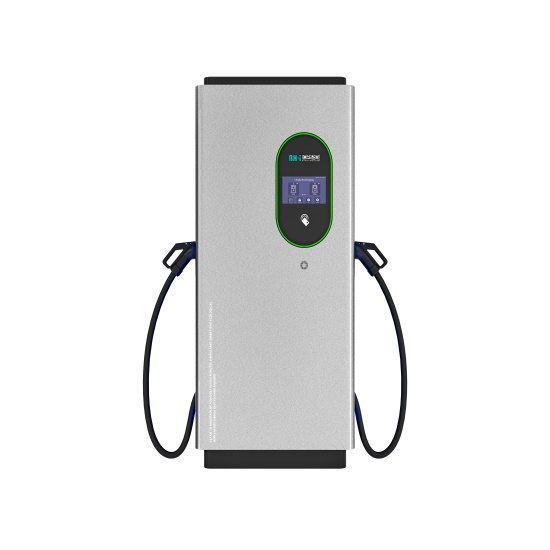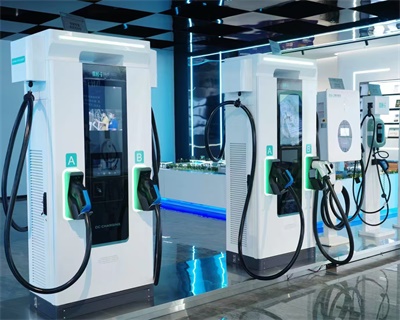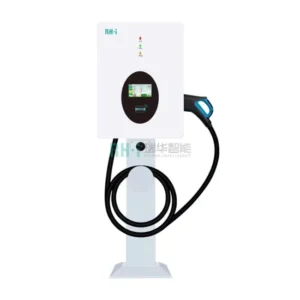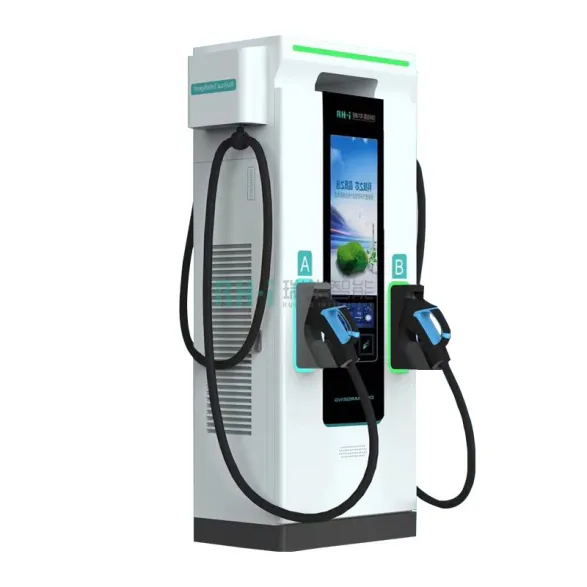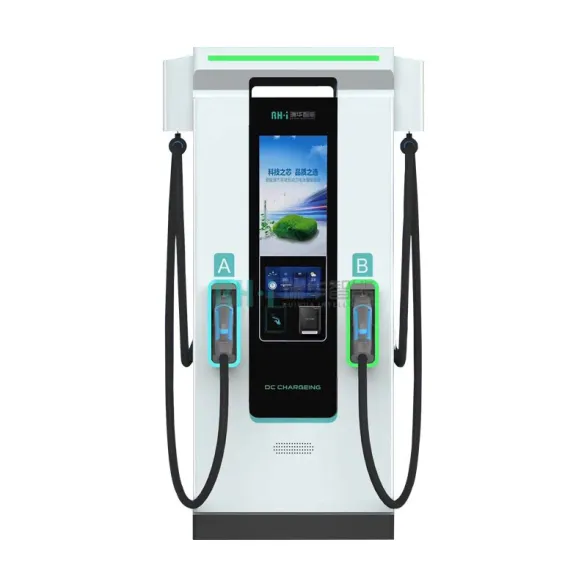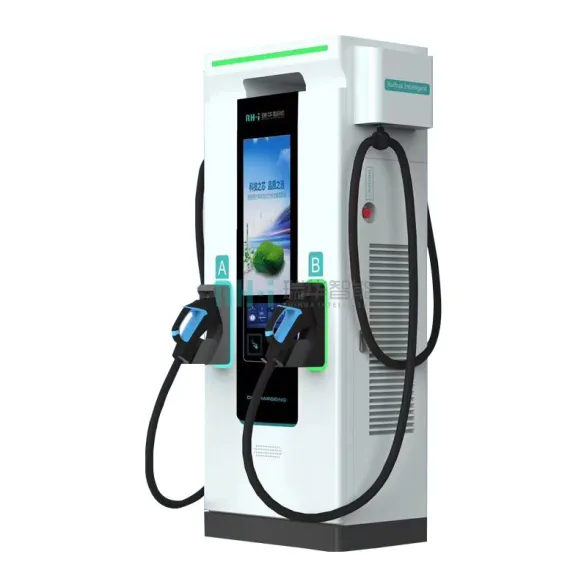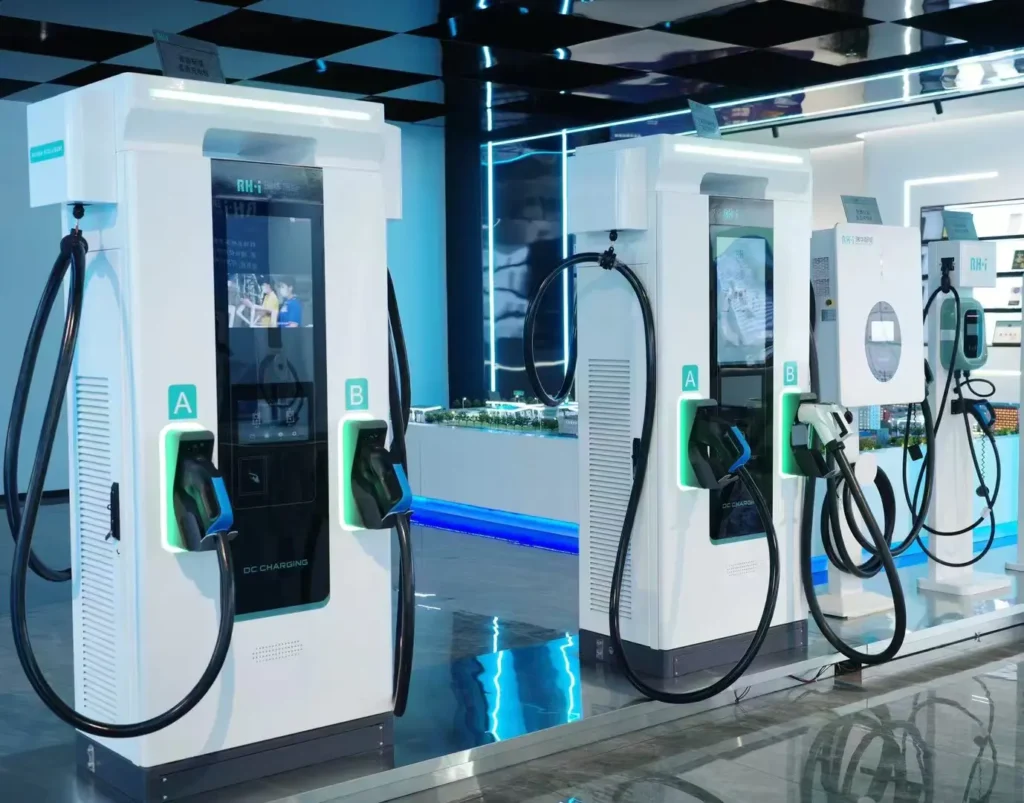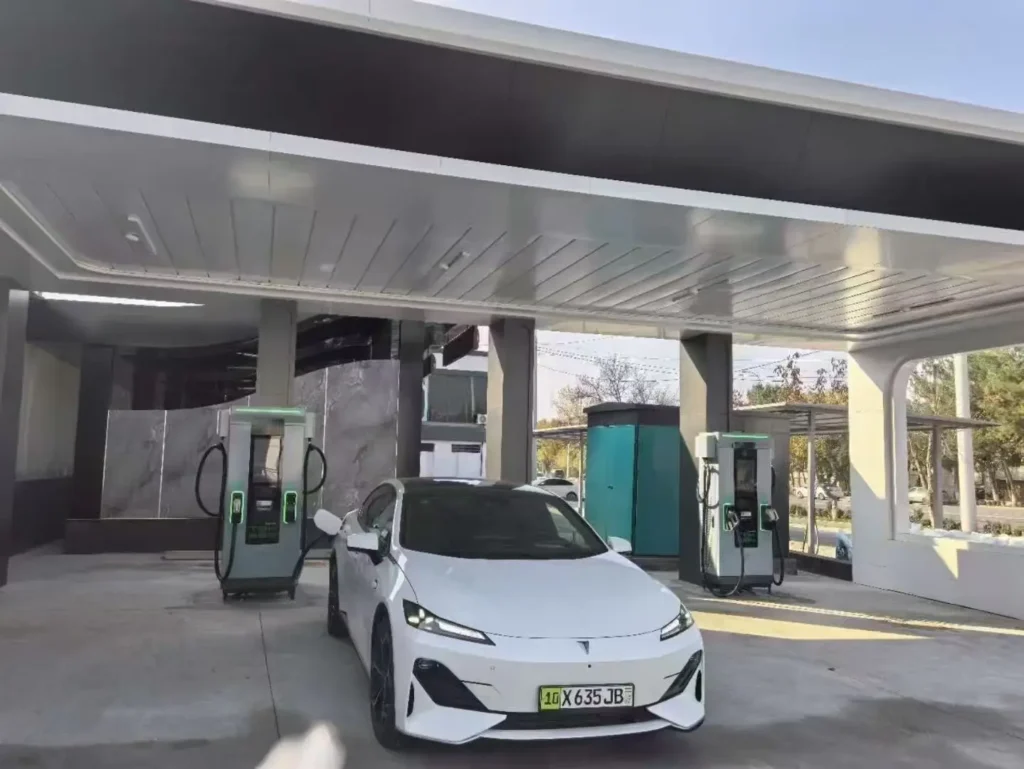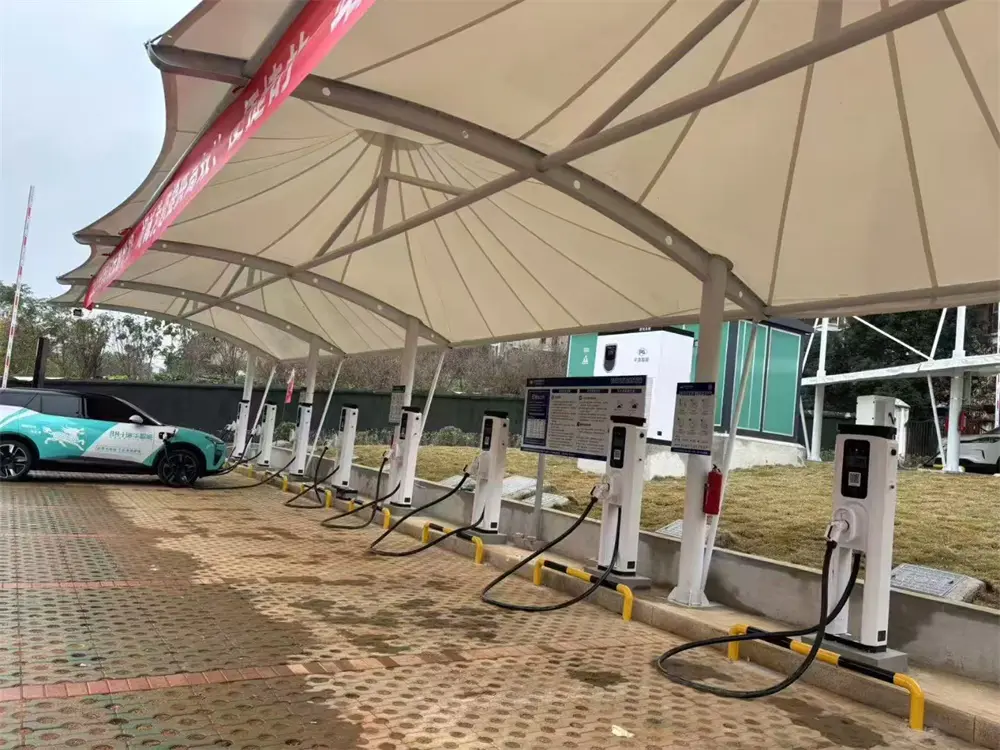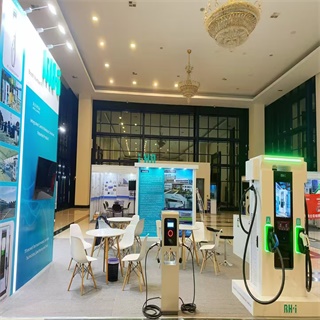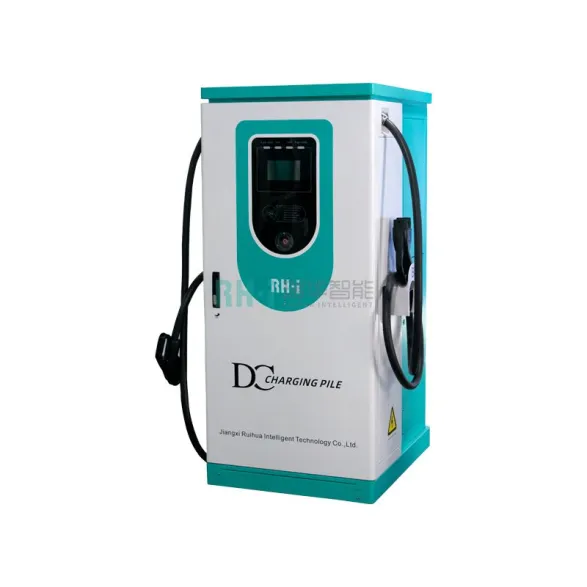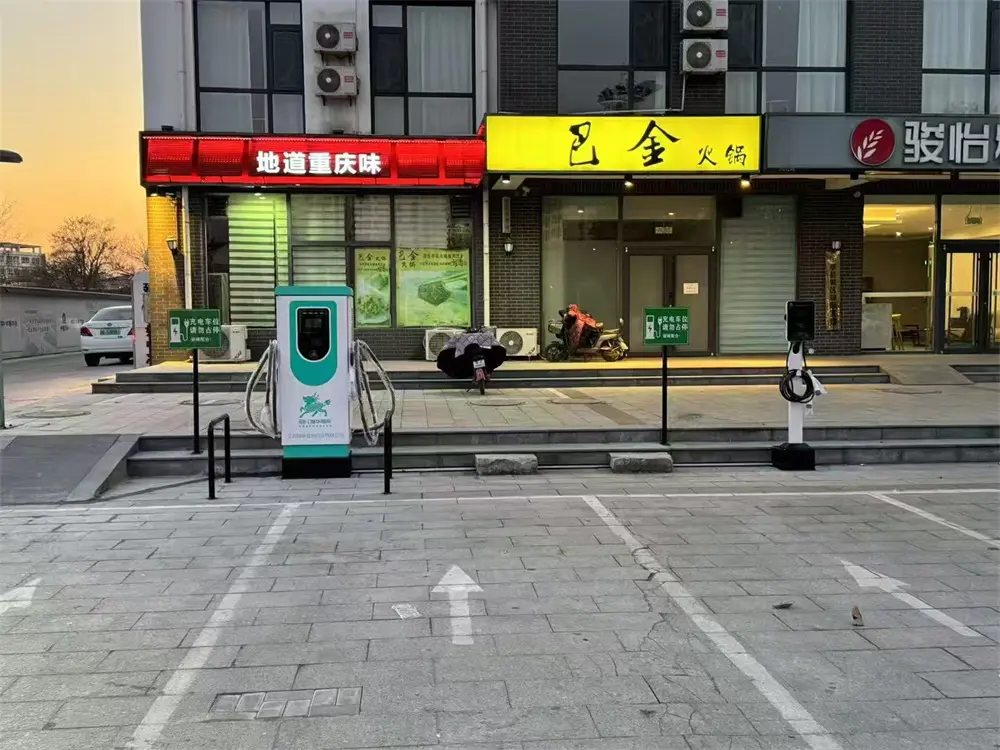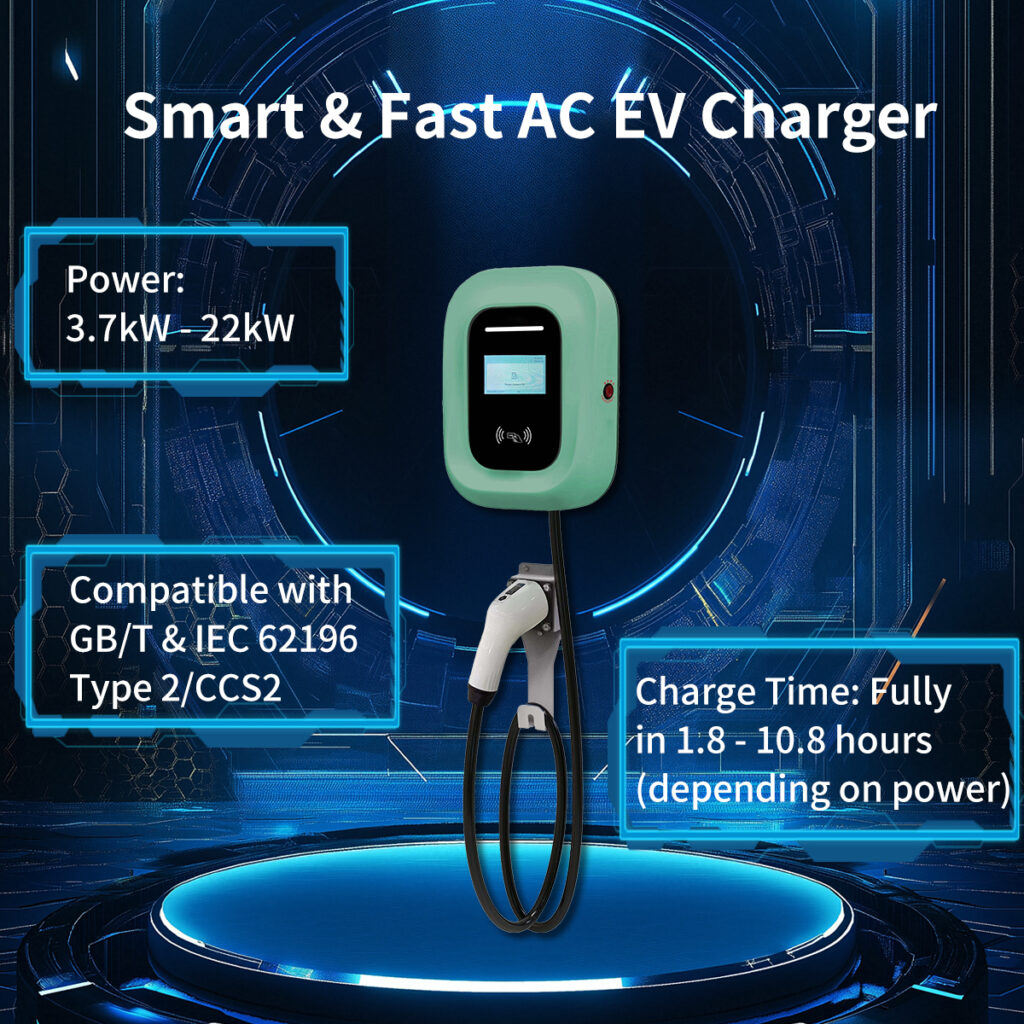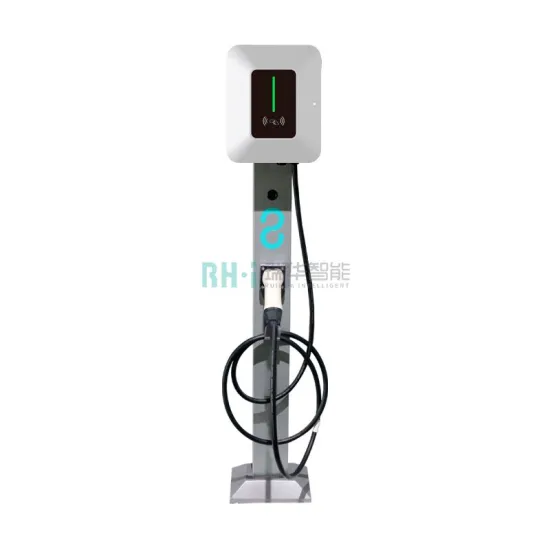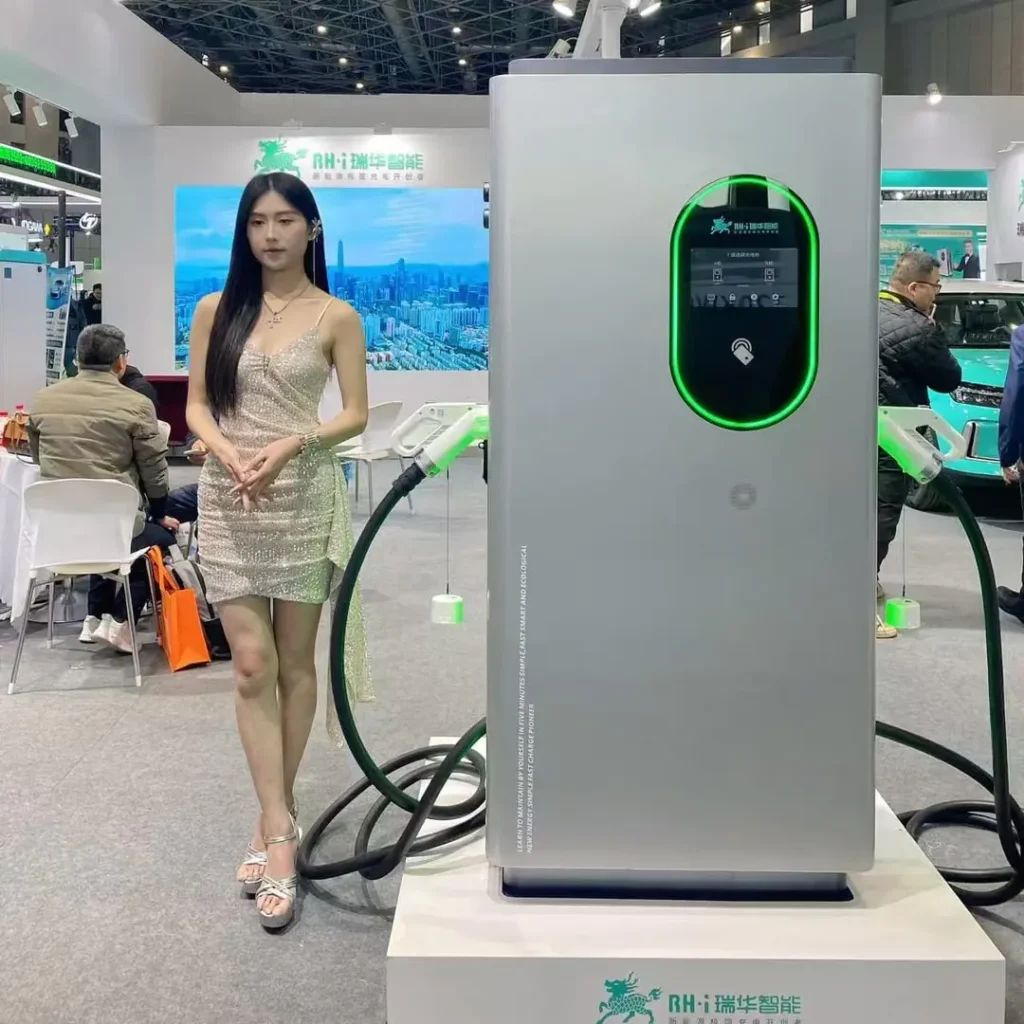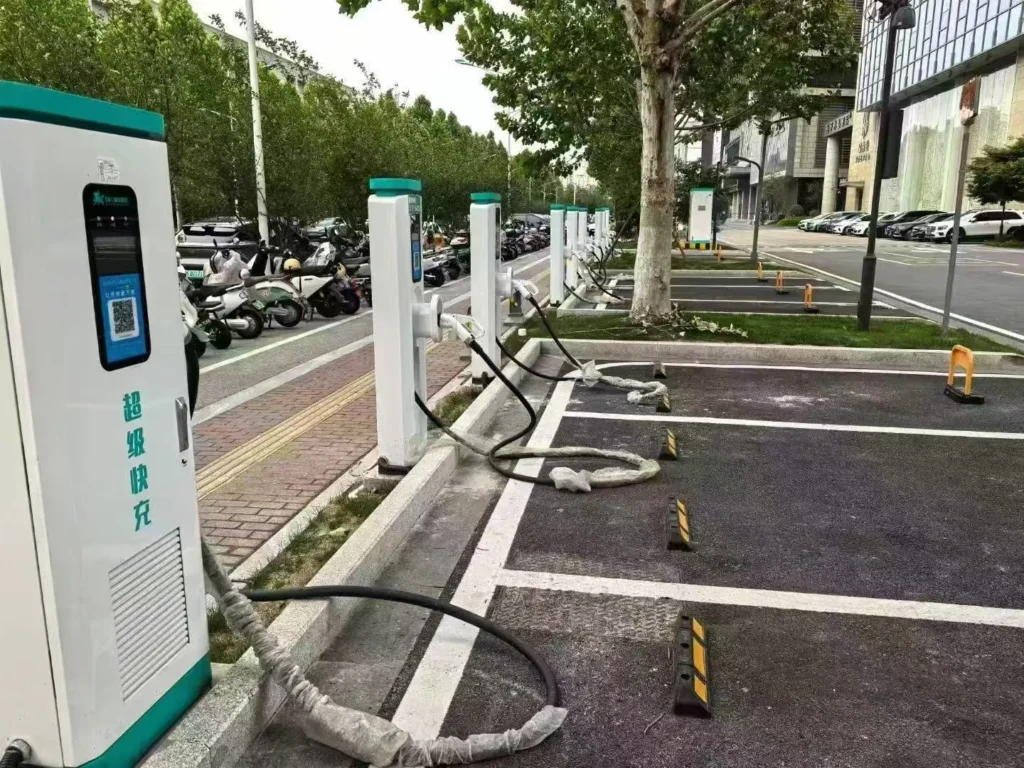240kw Electric Vehicle DC Fast Charger for Sale
Introducing the RHDC240K-YJ-EU, a high-performance DC fast charger designed to accelerate your electric vehicle charging experience. With a robust 240kW output, this charger is built for efficiency and reliability, ensuring your EVs are powered up and ready to go in no time.
240kw DC Fast Charger Specification
| Parameter | Model | RHDC240K-YJ-EU |
| Input | Power Supply | 3P+N+PE |
| Input Voltage | 380V/AC±15% | |
| Input Frequency | 50/60 Hz | |
| Input PF | ≥0.98 | |
| Total Harmonics of Input Current | ≤5%(50%~100% loading) | |
| Output | Rated Power | 240kW |
| Rated Current | 240A | |
| Rated Voltage | 1000V/DC | |
| Voltage Range | 150-1000V/DC | |
| Constant Power Output Voltage Range | 300-1000V/DC | |
| Maximum Current of Each Gun | 200A | |
| Current Range of Each Gun | 5-200A | |
| Maximum Efficiency | ≥95%(100% loading) | |
| Steady Current Accuracy | ≤±1% | |
| Steady Voltage Accuracy | ≤±0.5% | |
| User Interface | LED Indicator | LED(Green 、 blue、 Red) |
| LCD Display | 7″or 10.1″Touch LCD Screen | |
| Start Mode | POS,RFID Reader,Plug&Play,APP | |
| Cable Length | 5m | |
| Number of Gun | Dual | |
| Communication | LAN | Yes |
| 4G | Yes | |
| Protocol | OCPP | OCPP1.6J |
| Certification Standard | IEC 61851-1:2017, IEC 61851-23:2014, EN 61851-24:2014,EN 61851-21-1:2018 | |
| Safety | Short Circuit Protection | Yes |
| Over Load Protection | Yes | |
| Over Temperature Protection | Yes | |
| Leakage Protection | Yes | |
| Over and Under Input Voltage Protection | Yes | |
| Over and Under Output Voltage Protection | Yes | |
| Over-current Protection | Yes | |
| Environment | Work Temperature | -20℃~+55℃ |
| Storage Temperature | -40℃~+85℃ | |
| Relative Humidity | ≤95% Dew Free | |
| Work Altitude | ≤2000m | |
| Environmental Conditions | Indoor or Outdoor | |
| Others | Cooling Method | Fan Cooling |
| Noise | ≤65dB | |
| Ingress Protection | IP54 | |
| Installation | Floor-stand | |
| Product Dimension | 1960*1040*500 mm (H*W*D) | |
| Net Weight | 368KG | |
| External Package | Wooden case |
- High-Power Charging: Delivers a powerful 240kW charging capacity, capable of charging your EV up to 80% in just 30 minutes.
- Dual-Gun Configuration: Equipped with two charging ports, allowing for simultaneous charging of two vehicles, doubling the charging efficiency.
- User-Friendly Interface: Features a 7″ or 10.1″ touch LCD screen and multi-color LED indicators for an intuitive charging experience.
- Advanced Communication: Supports LAN and 4G connectivity with OCPP 1.6J protocol for seamless integration into smart charging networks.
- Safety First: Comprehensive safety features including short circuit, overload, over-temperature, leakage, and voltage protection.
DC fast charger voltage
DC fast chargers, also known as Level 3 chargers, are designed to provide high-power charging for electric vehicles (EVs). The voltage for DC fast chargers can vary depending on the charger model and the specific charging standard it adheres to. Here are some general points about the voltage in DC fast charging systems:
- Voltage Range: DC fast chargers typically operate within a wide voltage range to accommodate different EV models and charging requirements. For example, the CCS (Combined Charging System) standard often uses a range of 200V to 1000V DC.
- Rated Voltage: The rated voltage of a DC fast charger is the maximum voltage it can provide. For instance, a 240kW DC fast charger might have a rated voltage of 1000V DC.
- Constant Power Output Voltage Range: Some chargers are capable of providing constant power over a specific voltage range. This means the charger can maintain a constant power output even as the battery voltage of the EV increases during charging.
- Battery Compatibility: The voltage provided by the charger must be compatible with the EV’s battery system. Different EV models have different battery voltage requirements, and the charger should be able to adjust its output to match these requirements.
- Charging Standards: Different regions and charging networks may use different standards, which can affect the voltage. For example, the CHAdeMO standard used in Japan and some other countries operates at a maximum voltage of 500V DC.
- Voltage Tolerance: Chargers are designed to handle a certain amount of voltage variation, which is specified in their technical parameters. This tolerance ensures that the charger can operate within a certain range of input voltage without issues.
- Safety: Chargers are equipped with safety features to protect against overvoltage and undervoltage conditions, which could damage the EV’s battery or the charger itself.
It’s important to note that the specific voltage settings and capabilities of a DC fast charger will be detailed in its technical specifications, which should be consulted to ensure compatibility with the EVs that will be using the charger.
Q: What are DC Fast Chargers?
A: DC Fast Chargers, also known as Level 3 chargers, are electric vehicle (EV) charging stations that utilize direct current (DC) electricity to rapidly charge electric vehicles. They are essential for long-distance driving and businesses operating large vehicle fleets.
Q: How fast can a DC Fast Charger charge an EV?
A: Most DC Fast Chargers can charge a standard EV to 80% capacity within 15-45 minutes thanks to their higher voltage output (approximately 50kW to 350kW). Charging for an hour can add over 200 miles to your range.
Q: What are the benefits of using DC Fast Chargers?
1. Speed: The most obvious advantage is the speed. You can go from a partially depleted battery to nearly full in just 30 minutes or less.
2. Convenience: The increasing prevalence of DC Fast Chargers in public charging stations, businesses, and hotels makes them incredibly convenient.
3. Versatility: DC Fast Chargers are compatible with all types of electric vehicles, regardless of their battery capacity.
Q: Is it safe to use a DC Fast Charger?
A: DC Fast Chargers are safe for EVs, but they are not needed for everyday use. Frequent use of DC Fast Chargers can potentially degrade your battery’s charge capacity over time due to thermal stress from the higher voltage and amperage.
Q: Can DC Fast Chargers damage EV batteries?
A: Modern EV batteries and battery management systems are designed to mitigate the effects of high charging rates. When used appropriately, DC Fast Charging is safe for most commercial EVs.
Q: Are DC Fast Chargers unaffordable due to high upfront costs?
A: While the initial investment may be higher, the operational benefits and productivity gains of DC Fast Chargers can offset costs over time, particularly for high-mileage fleets.
Q: Where can I find DC Fast Chargers?
A: DC Fast Chargers are typically located at public charging points near interstate highways. However, the EV charging landscape is always growing, and it’s becoming increasingly common to find EV charging stations near commercial businesses and even hotels.
Related Products
30kw DC EV Charger, Charging Station
Protection level: IP54
Number of guns: single gun design
Charging interface: CCS2, CHAdeMO, GB/T, etc.
50kw EV charger price, DC Fast Charging Station
Protection level: IP54
Number of guns: dual gun design
Charging interface: CCS2, CHAdeMO, GB/T, etc.
60kw DC Fast Charger Price, EV Charging Station
Protection level: IP54
Number of guns: dual gun design
Charging interface: CCS2, CHAdeMO, GB/T, etc.
100kw DC Fast Charger Price, EV Charging Station
Protection level: IP54
Number of guns: dual gun design
Charging interface: CCS2, CHAdeMO, GB/T, etc.
120 KW DC Fast Charger Cost, EV Charging Station
Protection level: IP54
Number of guns: dual gun design
Charging interface: CCS2, CHAdeMO, GB/T, etc.
150kw Charging Station, DC Fast Charger Cost
Protection level: IP54
Number of guns: dual gun design
Charging interface: CCS2, CHAdeMO, GB/T, etc.
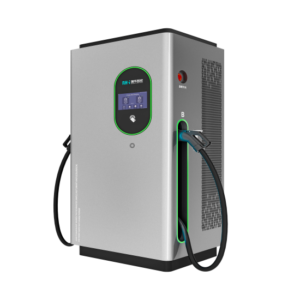
180kw DC Fast Charger, EV Charger
Protection level: IP54
Number of guns: dual gun design
Charging interface: CCS2, CHAdeMO, GB/T, etc.
350 KW EV Charger Price, DC Fast Charging Stations
Protection level: IP54
Number of guns: dual gun design
Charging interface: CCS2, CHAdeMO, GB/T, etc.


